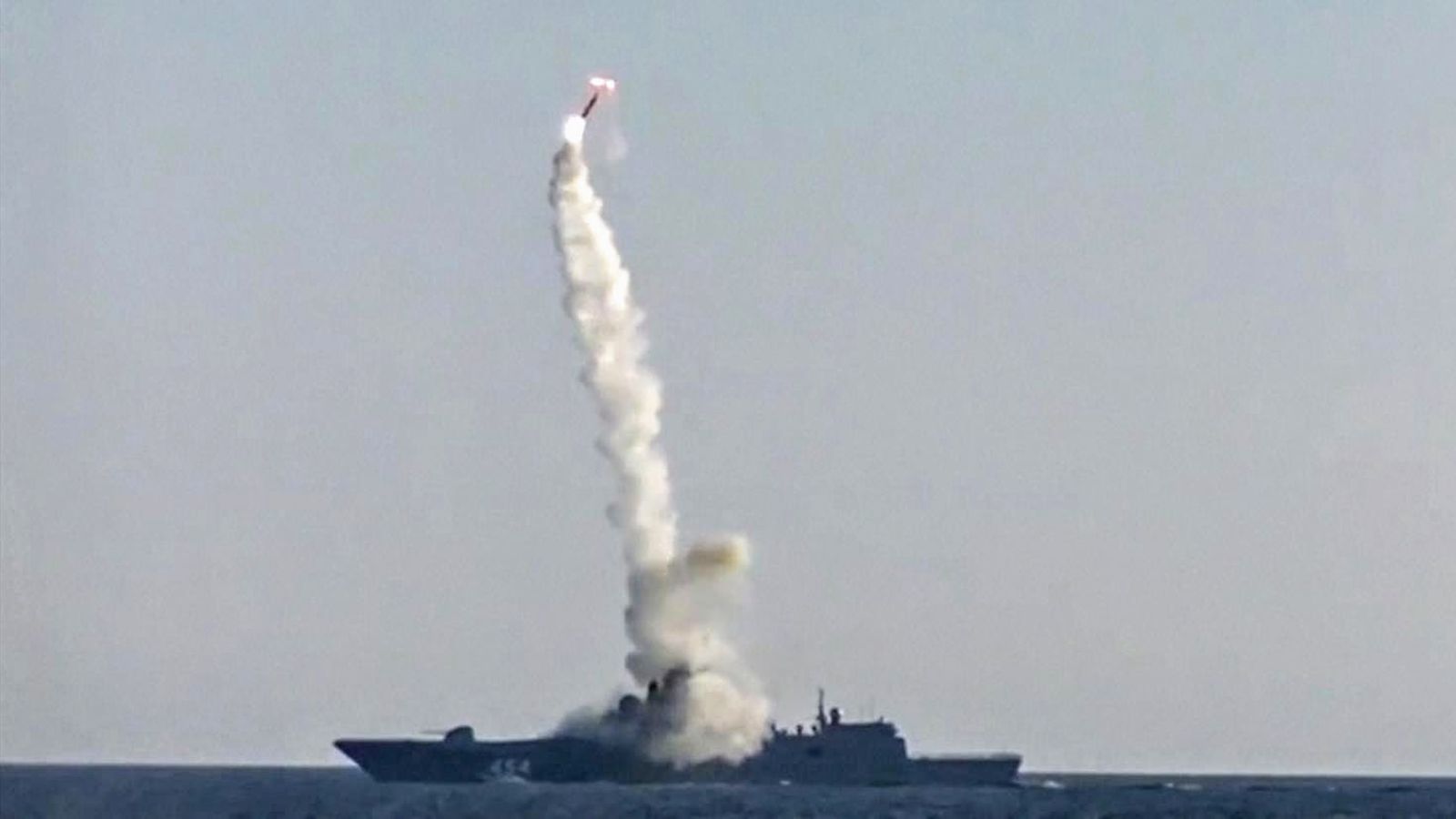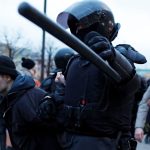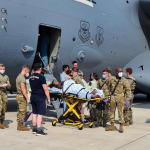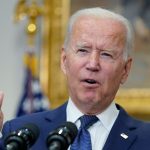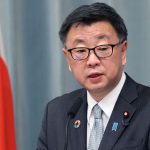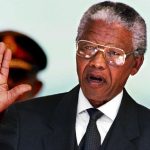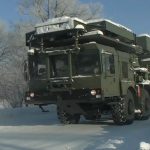Russia’s military has reported another successful test launch of the new Zircon (Tsirkon) hypersonic cruise missile.
The missile was fired from the Admiral Gorshkov in the White Sea and hit a target on the coast of the Barents Sea, more than 217 miles (350km) away.
President Vladimir Putin has previously touted the weapon as part of a new generation of missile systems.
#Footage #RussianNavy continues tests of the #Tsirkon hypersonic cruise missiles. In the White Sea, the #AdmiralGrigorovich frigate successfully strikes a land target with a #Tsirkon missile on the coast of the #SeaOfBarents https://t.co/olmWB2oCUo#MissileLaunch #RussianWeapons pic.twitter.com/dgn8kfj4SH
The defence ministry said the missile travelled at around seven times the speed of sound before hitting its target.
“The tactical and technical characteristics of the Tsirkon missile were confirmed during the tests,” the ministry said.
Mr Putin had previously said the missile would be capable of flying nine times the speed of sound and have a range of 620 miles (1,000km), with the country hoping to fit the missile system to its submarines and surface ships.
The military also tested the weapon in October, on the president’s birthday, with Mr Putin hailing it as a “big event” for Russia.
The president announced the hypersonic weapons in 2018 in one of his most aggressive speeches in years, saying they could hit almost any point in the world and evade a US-built missile shield.
The following year, he threatened to deploy hypersonic missiles on ships and submarines that could wait outside US territorial waters if America moved to deploy intermediate-range nuclear weapons in Europe.
Washington has not deployed such missiles in Europe, but Moscow is worried it might.
In December 2020, Mr Putin said in his annual news conference that Russia is developing hypersonic weapons in response to a new arms race, which he says was triggered by the US.
The Russian leader wanted the US to agree to a one-year extension of the START treaty, which maintains a nuclear balance between the two nations and expired in February.
The US and Russia agreed to extend the treaty in February during a meeting in Geneva.
